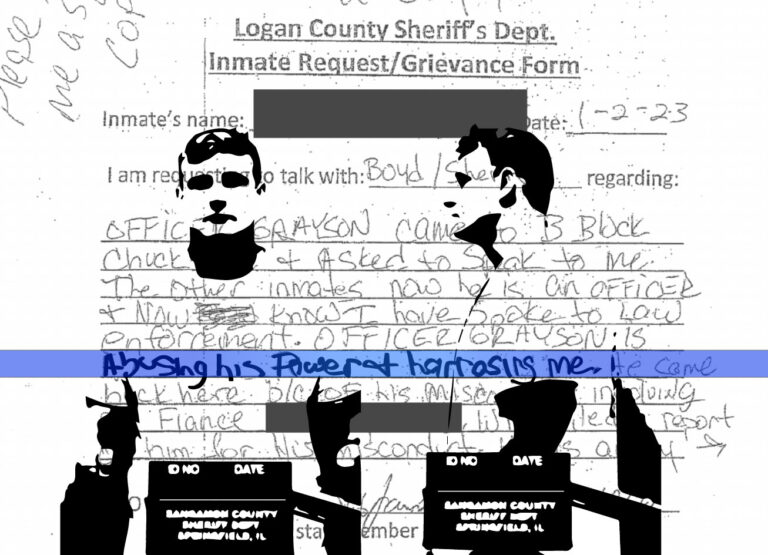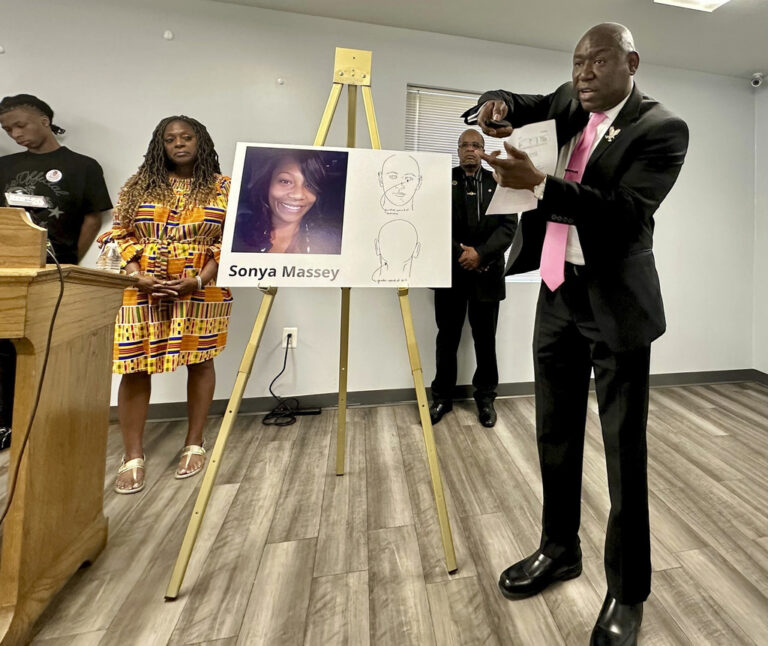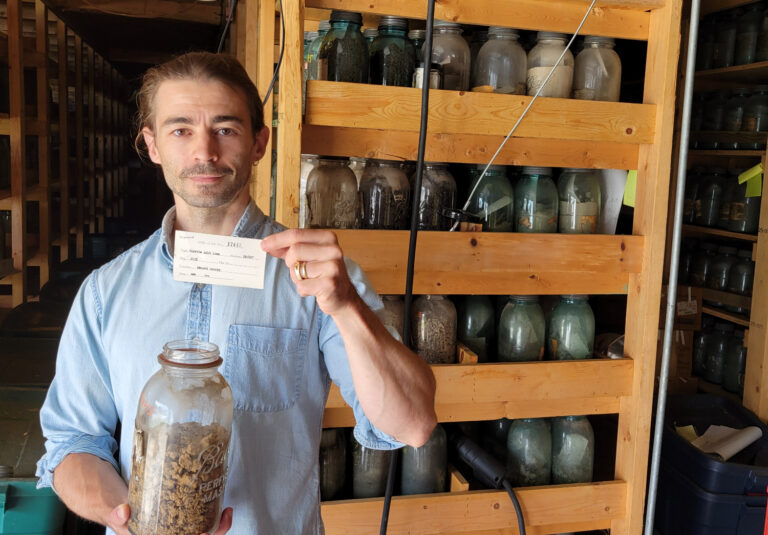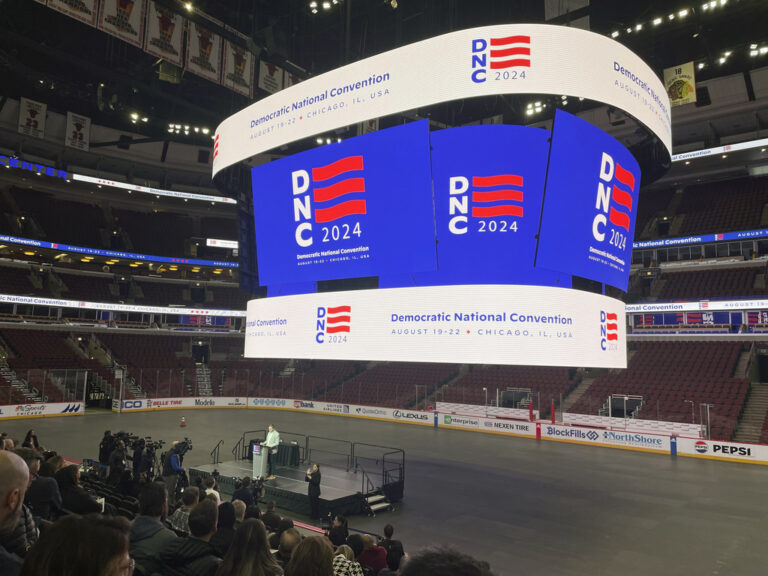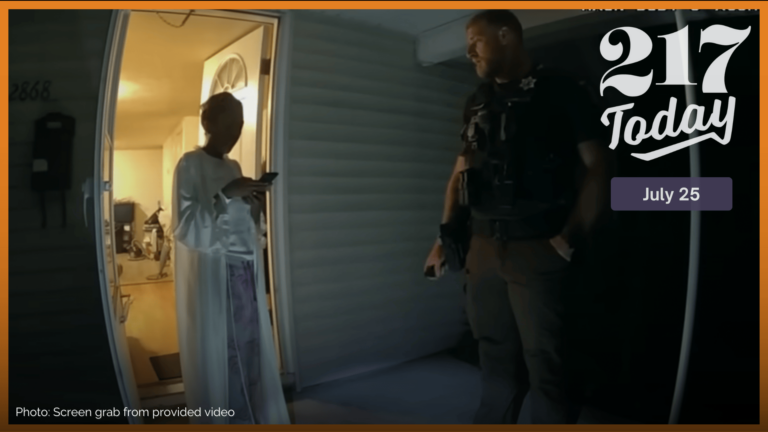In her sophomore year, Haniyyah Thomas (han-EYE-uh) founded a coalition to advocate for Black students’ needs at the University of Illinois at Chicago. Rushing between meetings and classes, she often missed dining hall hours. Meanwhile, she was tight on money for extra food.
“Sometimes I would go to a vending machine and get a Pepsi and candy bar and call it a day. I noticed that it was impacting my energy level, because I was drained at the end of the day. And then I would get to the weekend and just sleep,” Thomas said.
One in 10 college students are food insecure, according to a 2020 University of Illinois study of U.S. Census data. This is a lower rate than non-students of the same age. Black and Hispanic students and students with disabilities are more likely to skip or reduce meals than white students.
Thomas is now a junior. She’s lightened her schedule and is on a national Obama Foundation scholarship. She can afford a dining hall meal plan, groceries and to live in a dormitory with a kitchen.
She’s also starting to advocate for night options on campus, like free meals at late night study sessions and salad vending machines in dorms.
This session, some Illinois lawmakers are trying to approve funding for solutions to student hunger.
Champaign-Urbana State Representative Carol Ammons says she’s trying to free up state funding for students who can’t afford their meal plans.
“They would have a gift card for that store down the street from the campus. We’re trying to shape this to make it flexible enough so students have a way to access these dollars,” Ammons said.
Ammons helped pass a law, HB 2528, last summer to incentivize state universities to become hunger-free campuses. She wants to fund it with a second law, HB 2504, by the end of May, when the state budget gets approved.
Ammons says she has been working with Swipe Out Hunger, which helped pass hunger-free campus laws in other states, including California and Louisiana.


